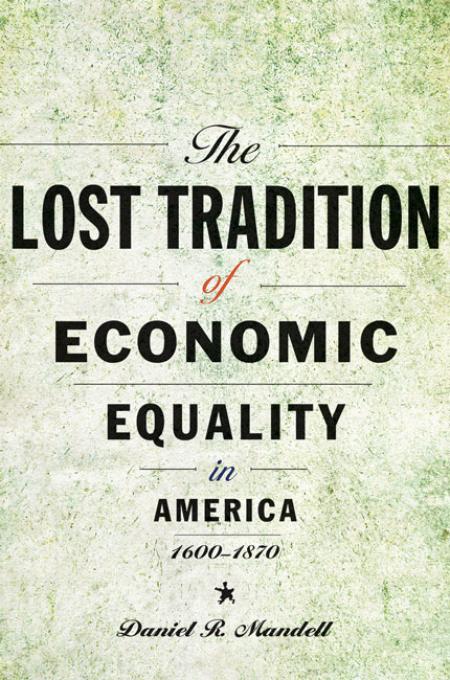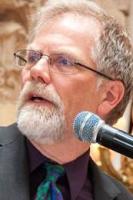
American Antiquarian Society
185 Salisbury Street
Worcester, MA 01609
United States
Although Americans today are concerned about the ever-increasing levels of wealth and income inequality, many continue to believe that their country was founded on a person’s right to acquire and control property. But in his latest book, The Lost Tradition of Economic Equality in America, 1600–1880, Mandell argues that the United States was originally deeply influenced by the belief that maintaining a “rough” equality of wealth was essential for a successful republican government. That belief continued to influence American culture and politics even as wage labor became increasingly common and the chasm widened between rich and poor. Mandell held an AAS-NEH research fellowship in 2012–13, which was foundational to this book. In his talk, he will sketch out his main arguments and highlight AAS holdings that are particularly significant to them.

Daniel Mandell is professor of history at Truman State University, a liberal arts state college in northeast Missouri, where he teaches early America, Native American history, and the history of law in America. He earned his history Ph.D. at the University of Virginia (1992), and an M.A. in environmental policy from Tufts University (1989). Mandell has received various fellowships and awards, including the AAS-NEH long-term fellowship in 2012–13, during which he did much of the research for his new book, The Lost Tradition of Economic Equality in America, 1600 –1870, published by Johns Hopkins University Press this past April. He has also published a dozen articles and six books on Native Americans in New England, including Tribe, Race, History: Native Americans in Southern New England, 1780–1880 (2008); King Philip’s War (2010); and Behind the Frontier: Indians in Eighteenth-Century Eastern Massachusetts (1996). He was elected an AAS member in 2014.

